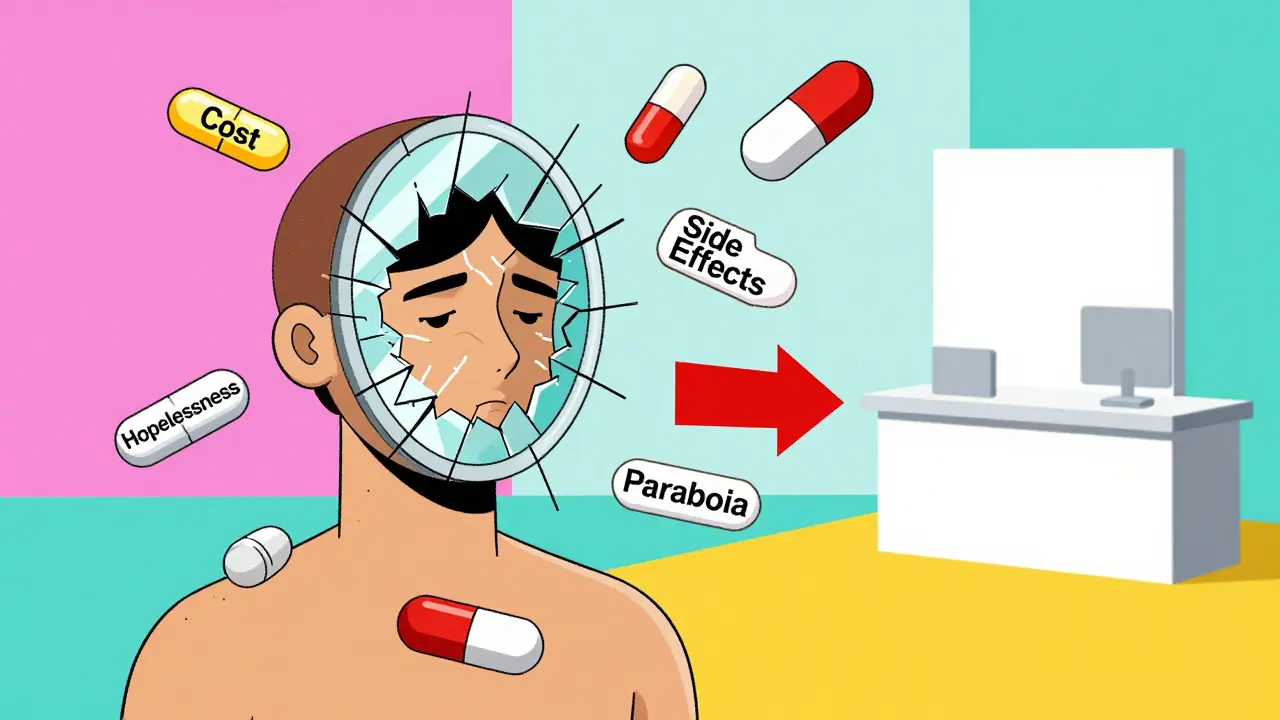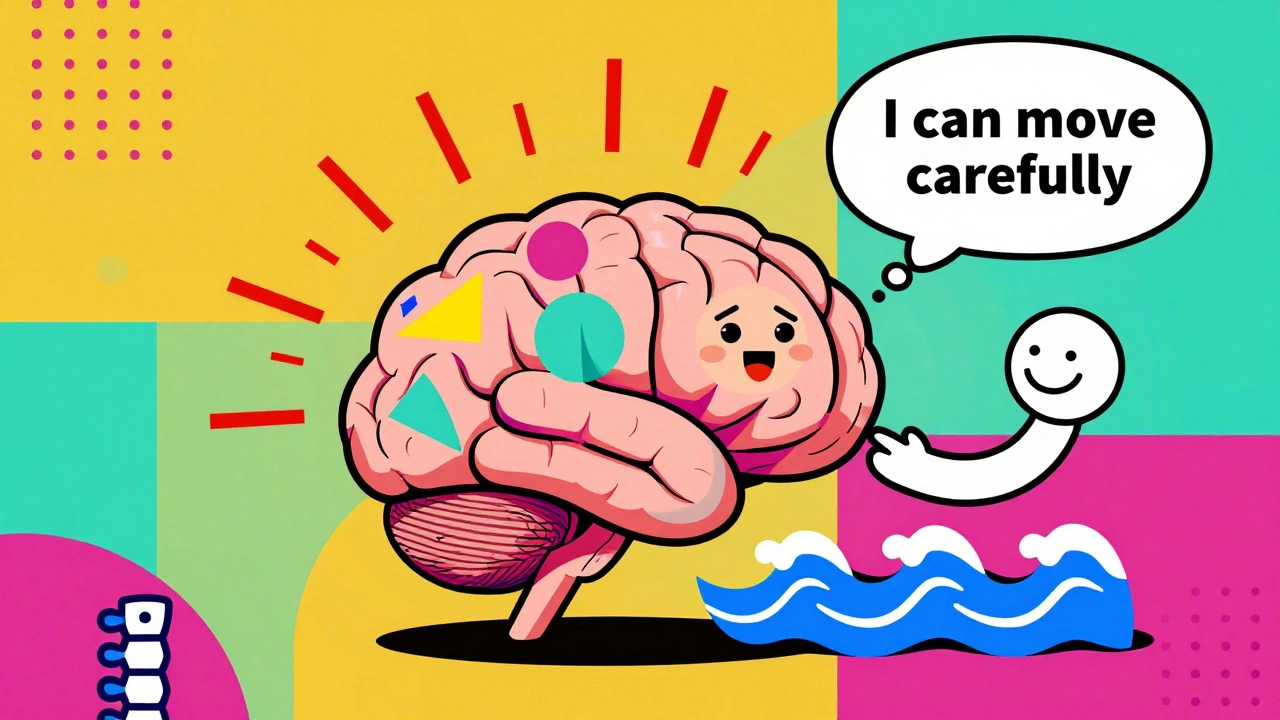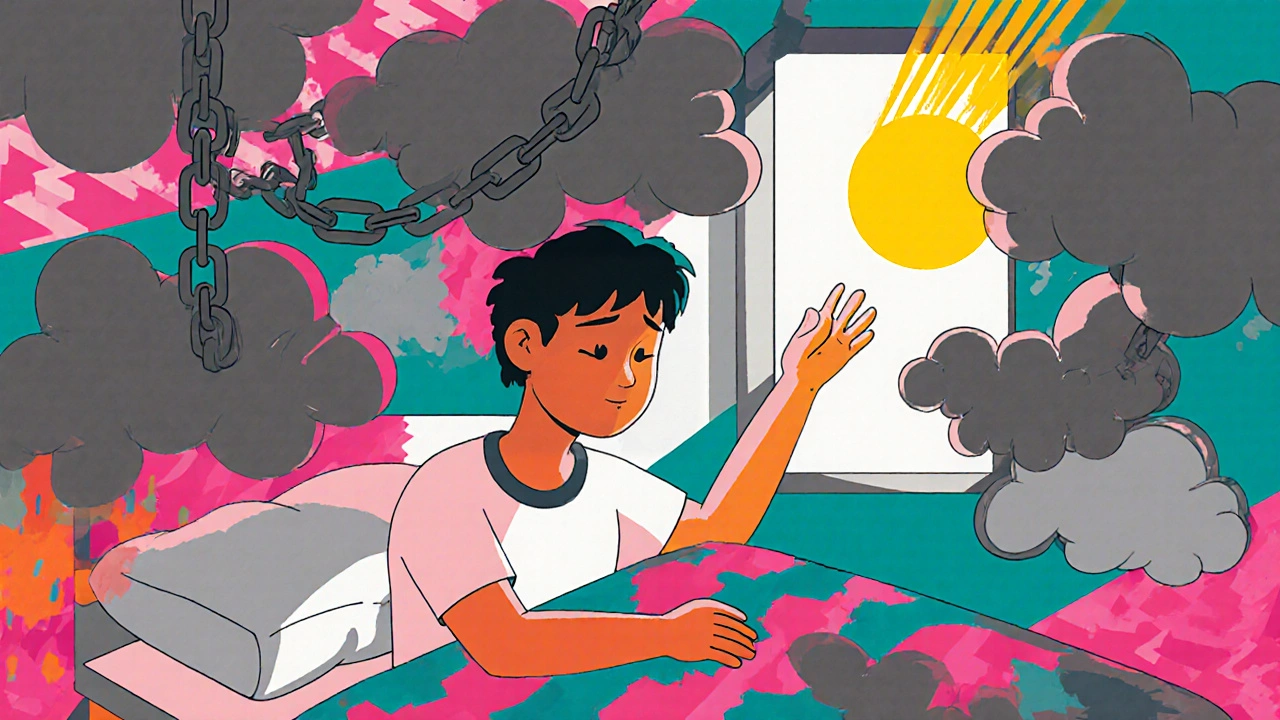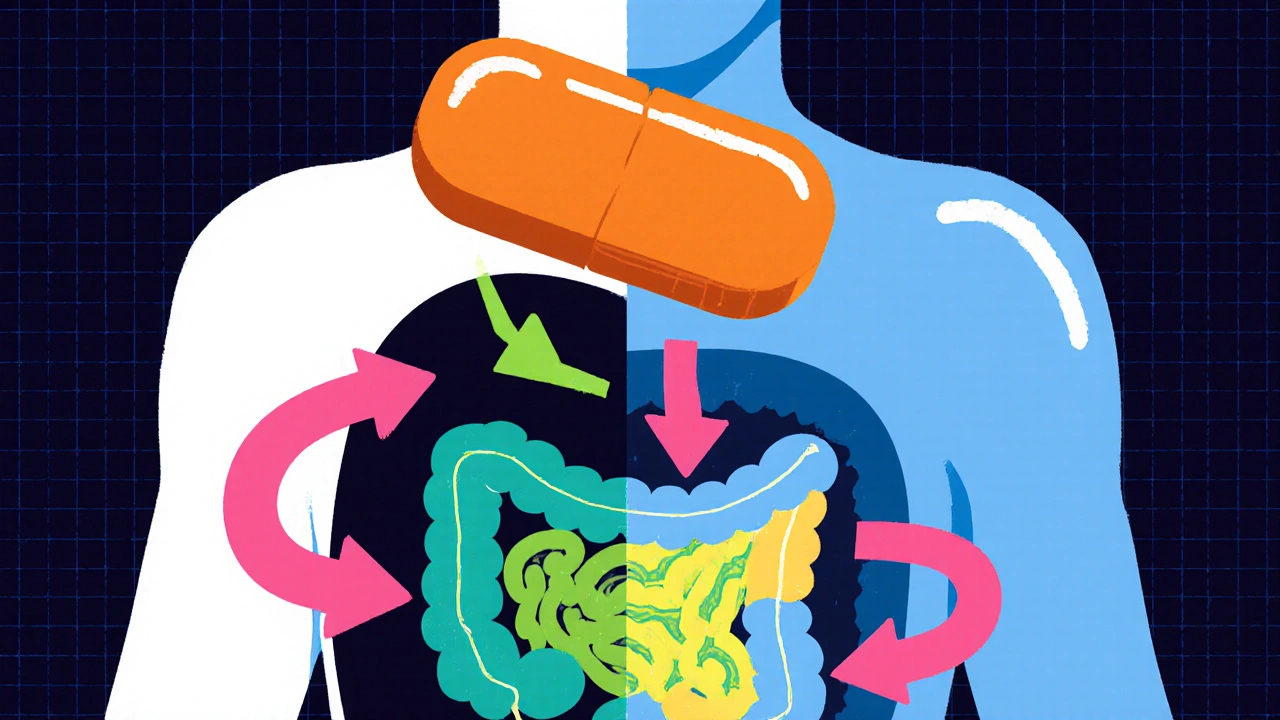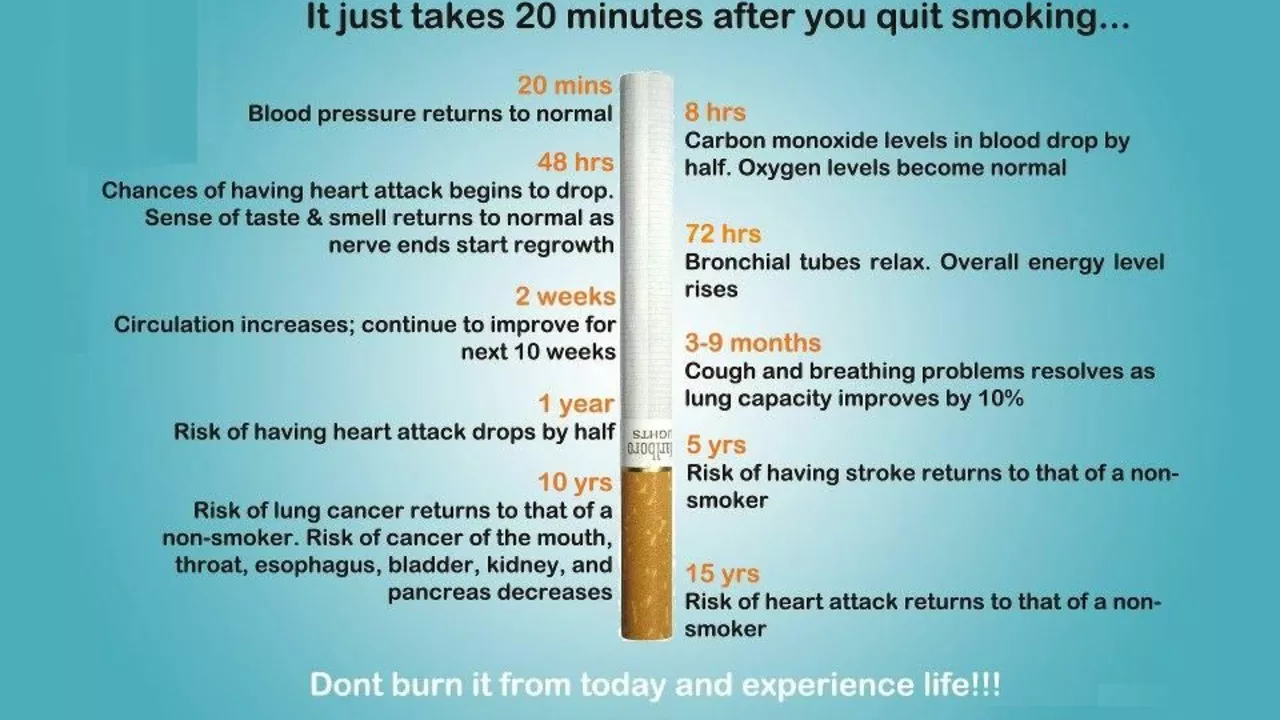Mental Health: What to Know About Medications, Side Effects, and Risks
Smoking can change how some antipsychotics work — that single fact matters if you or someone you care for takes medication. This category gathers clear, practical info on common mental health drugs and real-world risks you should watch for. I’ll point out the issues you’ll actually face and what to do next.
We highlight two recent posts: a plain guide to Solian (amisulpride) that explains its uses and side effects, and a post about how smoking affects lurasidone. Both are good examples of how medication details and everyday habits mix up treatment. Read them if you want drug-specific tips.
Common medication issues you’ll meet
Side effects: Expect concrete problems like drowsiness, weight gain, tremors, or sexual dysfunction depending on the drug. If you start a medicine and notice new or worsening symptoms in the first weeks, write them down and tell your prescriber. Some effects fade, some need dose changes, and a few need immediate action.
Drug interactions: Smoking isn’t just bad for your lungs — it speeds up enzymes that break down some antipsychotics. That can make drugs like lurasidone less effective. Other drugs, herbal supplements, and even some foods can raise or lower drug levels. Don’t mix without checking.
Adherence problems: Missing doses or stopping suddenly causes relapses or withdrawal effects. If you feel better and think you don’t need the drug, talk to the prescriber first. There are safer taper plans and alternatives.
Practical steps you can take now
Keep a medication list: Include dose, time of day, start date, and any side effects. Share it with your doctor, pharmacist, or caregiver. This prevents dangerous combinations and speeds up help when something goes wrong.
Ask targeted questions: When you get a new prescription, ask: What should I watch for this week? Which common side effects are temporary? Does smoking, alcohol, or caffeine change this drug? How and when should I stop it if needed?
Monitor changes: Weight, sleep, appetite, mood swings, and movement differences are easy to track and meaningful. If you notice a sudden mood drop, increased thoughts of self-harm, or severe physical symptoms (high fever, stiff muscles, fainting), get urgent medical help.
Work with your pharmacist: A pharmacist can check interactions, suggest times of day to take meds, and spot over-the-counter risks. If you smoke, ask about nicotine replacement or counseling—stopping smoking may change your drug dose needs, so plan this with your prescriber.
If you want real-world reviews, check the Solian (amisulpride) post for practical side-effect guidance and the lurasidone article to understand how smoking changes treatment. These posts show how tiny details matter in everyday care.
Reach out to your healthcare team with clear notes and questions. Small steps — tracking, asking the right questions, and working with a pharmacist — make treatment safer and more effective.
Mental Health and Medication Non-Adherence: What Actually Works
Medication non-adherence in mental health is an invisible crisis affecting half of patients. Discover what actually works-pharmacist support, long-acting injections, cost relief-and why apps and blame don't.
CBT for Chronic Pain: How Cognitive Behavioral Therapy Helps Manage Persistent Pain
CBT for chronic pain helps manage long-term pain by changing how you think and respond to it. Research shows it reduces depression, improves function, and helps cut opioid use-even when pain doesn't disappear.
Major Depressive Disorder: Antidepressants and Psychotherapy Options Explained
Major Depressive Disorder affects 1 in 6 U.S. adults. Learn how antidepressants and psychotherapy like CBT work, their pros and cons, and why combining both often leads to the best outcomes.
How Bisacodyl Affects Mental Health: Risks, Links & Tips
Explore how the stimulant laxative bisacodyl can influence mood, anxiety, and overall mental health, with practical tips for safe use and monitoring.
Solian: Uses, Effects, and Key Facts About Amisulpride
Discover what Solian (Amisulpride) is, how it works for schizophrenia treatment, real side effects, and critical tips you won’t find on the leaflet.
Lurasidone and Smoking: Understanding the Risks
As a blogger, I've recently come across some important information on the risks associated with Lurasidone and smoking. Lurasidone is an antipsychotic medication used to treat conditions such as schizophrenia and bipolar disorder. However, it's crucial to understand that smoking can potentially reduce the effectiveness of this medication. Additionally, smoking while on Lurasidone may lead to an increased risk of side effects and complications. It's essential for patients and healthcare providers to be aware of these risks and consider alternative treatments or smoking cessation support if necessary.
© 2026. All rights reserved.

